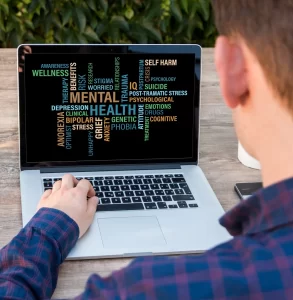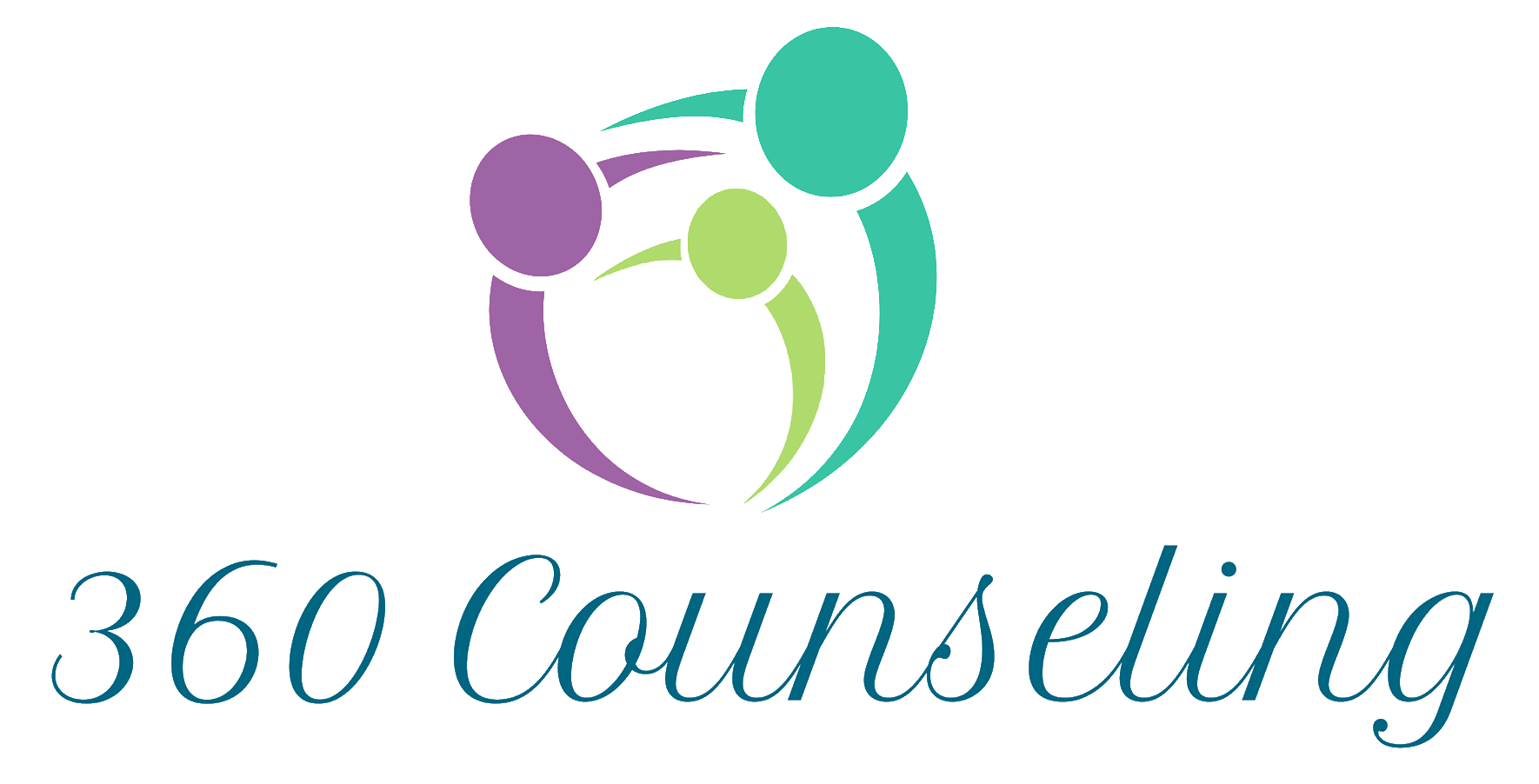The Unraveling Connection: Exploring the Impact of Social Media on Mental Health
In the digital age, social media platforms have become an integral part of our daily lives, connecting people across the globe and transforming the way we communicate. However, beneath the shiny facade lies a complex landscape with potentially profound effects on our mental health. While social media offers numerous benefits, it is crucial to examine its impact on our well-being. In this post, we delve into the intricate relationship between social media and mental health, shedding light on both the positive and negative implications.

The Positive Side: Connection and Support
One of the greatest advantages of social media is its ability to connect people, fostering a sense of belonging and community. It provides individuals with the opportunity to maintain relationships, share experiences, and access support networks, particularly valuable for those facing physical or geographical limitations. Social media platforms can empower individuals by offering spaces to discuss mental health openly, reducing stigma, and promoting understanding.
Additionally, social media has facilitated the dissemination of mental health information, enabling individuals to gain knowledge, find resources, and engage with mental health professionals. Online communities and support groups provide solace for those struggling with mental health challenges, fostering empathy and solidarity. These positive aspects of social media can contribute to improved mental well-being, particularly when used mindfully and responsibly.
The Darker Side: The Impact on Mental Health
While social media has its merits, research has increasingly highlighted the detrimental effects it can have on mental health. Constant exposure to carefully curated highlight reels and comparisons with others’ seemingly perfect lives can trigger feelings of inadequacy, low self-esteem, and depression. The idealized representations of beauty, success, and happiness prevalent on social media can lead to distorted perceptions and unrealistic expectations, perpetuating a culture of comparison.
Moreover, the constant presence of social media and the addictive nature of scrolling can contribute to increased anxiety, stress, and feelings of isolation. The fear of missing out (FOMO) and the pressure to constantly stay connected can disrupt sleep patterns, hinder real-life social interactions, and foster a compulsive need for validation through likes and comments. Research has also linked excessive social media use to heightened rates of loneliness, cyberbullying, and negative body image issues, particularly among vulnerable populations such as adolescents.

Mitigating the Impact: Mindful Engagement
To navigate the potential pitfalls of social media, it is crucial to cultivate mindful engagement habits. Being aware of our emotional reactions while using social media and monitoring the time spent online can help maintain a healthy balance. Setting boundaries, such as designated “offline” periods or reducing screen time before bed, can alleviate the negative effects on sleep and well-being.
Moreover, curating our social media feeds to include diverse perspectives, authentic content, and positive role models can promote a healthier mindset. Engaging in meaningful conversations and seeking out support within online communities can foster connections and combat feelings of isolation. It is also essential to remember that social media is a curated space, and comparing ourselves to others’ online personas may not reflect the reality of their lives.
The Role of Platform Design and Regulation
Recognizing the potential harm caused by social media, platforms and policymakers have started taking steps to promote user well-being. Initiatives such as content warnings, mental health resources, and enhanced privacy settings aim to prioritize user safety and mental health. Implementing tools to limit screen time, providing usage insights, and encouraging breaks are also part of ongoing efforts to mitigate the negative impact of excessive social media use.
Conclusion
The influence of social media on mental health is a complex and multifaceted issue. While it offers numerous benefits in terms of connection, support, and information dissemination, its impact on mental well-being cannot be overlooked. It is crucial for individuals to approach social media mindfully, striking a balance between engagement and self-care. Platforms, too, must take responsibility by implementing user-centric design choices and regulating harmful content to ensure a safer online environment. By collectively addressing these challenges, we can maximize the positive potential of social media while minimizing its adverse effects on mental health.

Leave a Reply